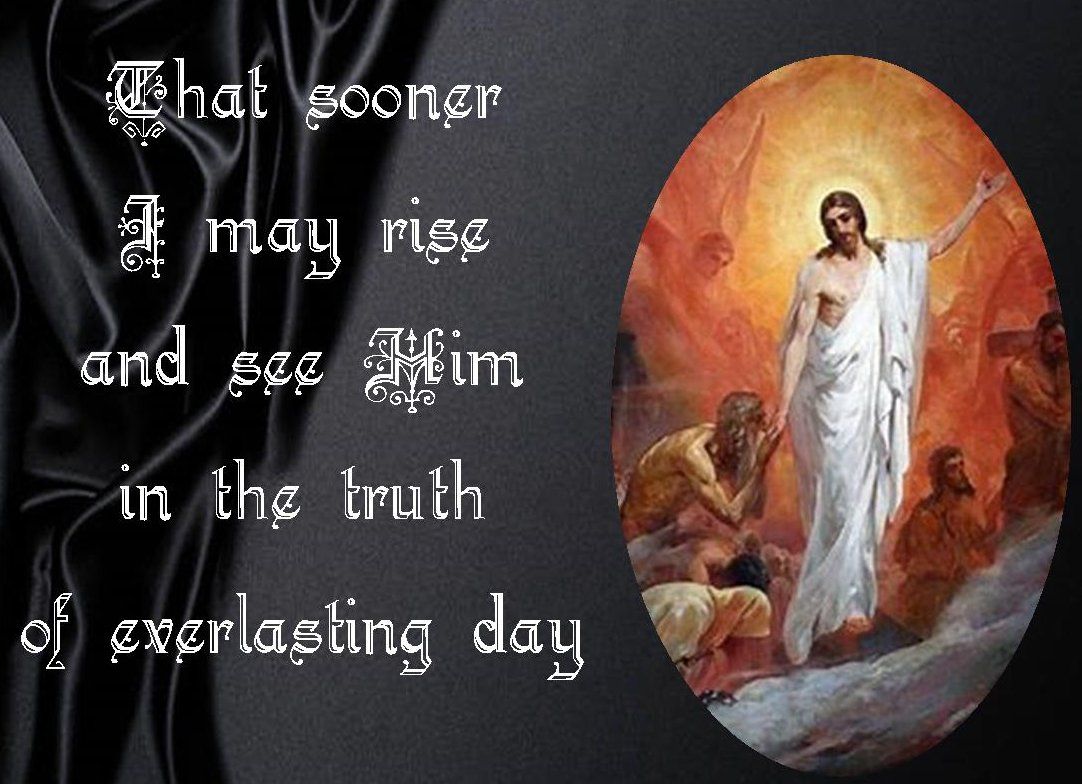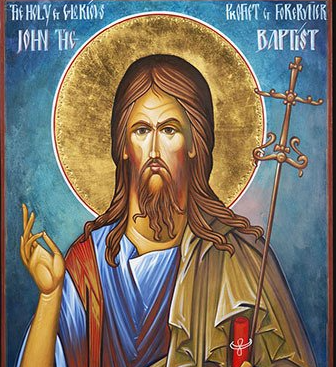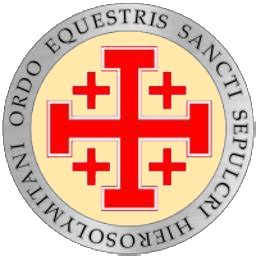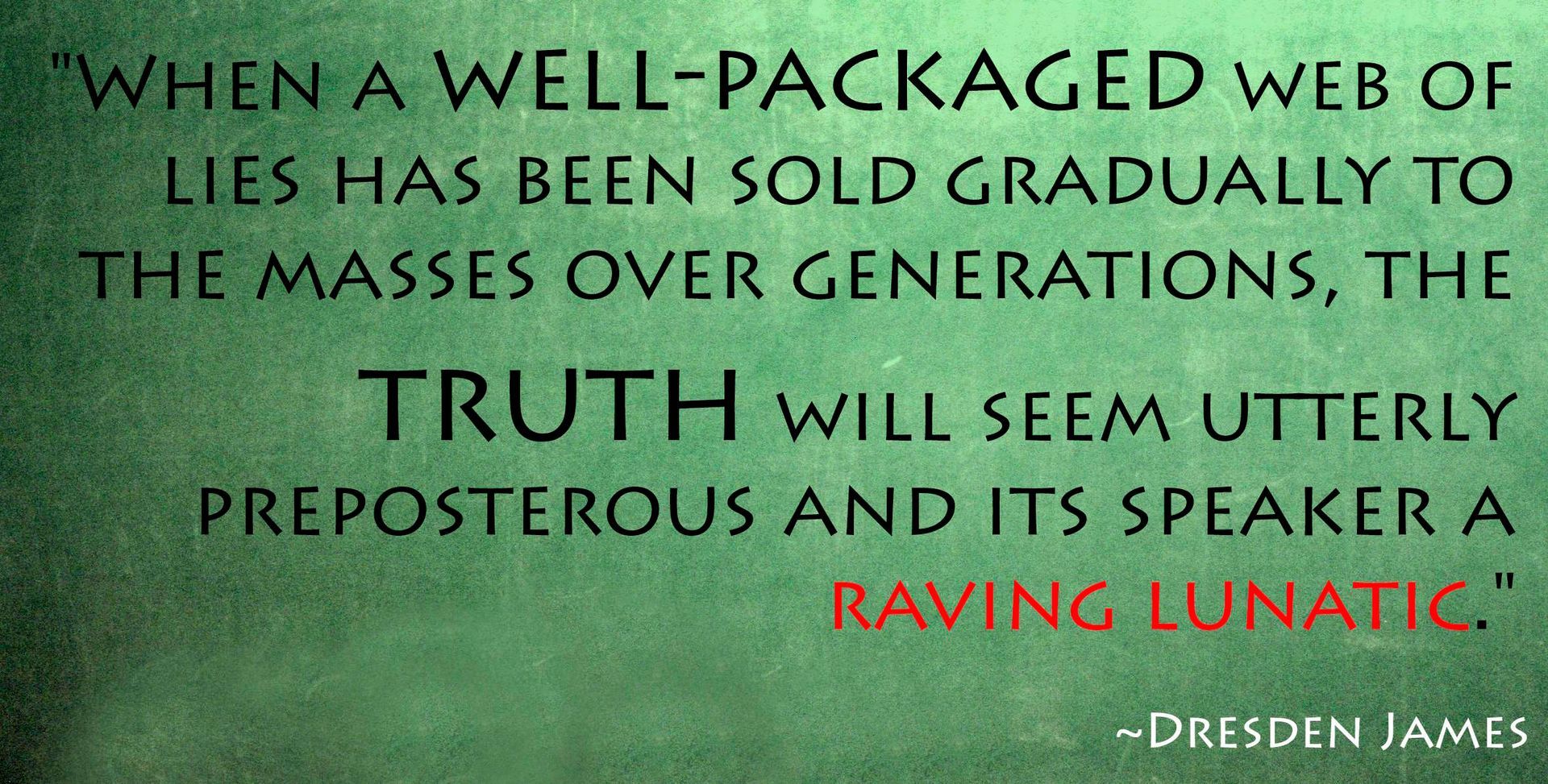Reflections for the month of November
Fr M • November 4, 2022
November - Month of the Holy Souls

The first reading this Sunday is from the Second Book of Maccabees. First and Second Maccabees are sections of the Hebrew Scriptures or Old Testament that we do not encounter too often in the Sunday cycles.
First and Second Maccabees are among those books found in the Catholic and Orthodox Bible but not the Protestant Bibles. Catholics believe that they are the Word of God. Many other Christians do not. The reason for this discrepancy goes back to the end of the first Christian century. At that time there were two listings or ‘canons’ of books of the Hebrew Scriptures followed by the Jewish scholars. One listing, called the Palestinian canon did not have all the books found in the other listing called the Alexandrian canon. From the very beginning of the Church, the longer Alexandrian listing of books was followed. This lasted all the way to the sixteenth century, when the Protestant founders, particularly Martin Luther, chose the shorter Palestinian list for the Protestant bible, because they did not like the theology of the books they removed. Luther also removed the Letter to the Hebrews and several other New Testament texts. Eventually these were readmitted to the Protestant New Testament. Therefore, First and Second Maccabees, Sirach, the Wisdom of Solomon, Tobit and sections of other books were removed to fit the theology.
“Why is this important?,” one may ask. Well, these books of the Bible have numerous references to the resurrected life and to prayers for the dead. The Lord, as a faithful Jew and teacher would have prayed for the dead, for their repose and for mercy.
The two books of Maccabees speak about the times during the Jewish revolt against Syria in the second century before Jesus. These were the days when the Syrian King, Antiochus, decided to unify his extensive Kingdom by demanding that all the people of his Kingdom worship the pagan gods of Greece. Although Antiochus was King of Syria, he was descended from the Greeks who conquered under Alexander the Great.
The whole Middle East was embracing Greek culture, philosophy and lifestyle. People were building Greek gymnasiums throughout the region. Pagan rituals, sacrifices and orgies were seen to be new and modern. However, there was a pocket of resistance to this new way and to the King’s orders in Palestine among some of the Jewish people. When Antiochus learned about this he sent his soldiers to enforce his laws. They took over the temple and constructed a statue of the god Zeus on the altar in the Holy of Holies in the Temple. This was an area so sacred to the Jewish people that only one chosen priest could enter it and then only once a year. It was in the Holy of Holies that the curtain separating the Holy of Holies from the rest of the Temple would be torn in two during the earthquake when Jesus died on the cross.
About 175 years before Christ Antiochus’ soldiers desecrated the Temple. Many of the Jews gave in to the Syrians. First Maccabees says,
“In those days there appeared in Israel men who were breakers of the law, and they seduced many people, saying: "Let us go and make an alliance with the Gentiles all around us; since we separated from them, many evils have come upon us."
Others, though, refused to compromise their principles. The Second Book of Maccabees, our first reading for today, detailed the sufferings and deaths of those who died for their faith. One can understand how the early Church treasured Maccabees texts as an inspiration to endure persecution for the faith. They can remain an inspiration now as the secular liberal relativist agenda has begun in earnest to attack the Christian faith (though not other faith interestingly).
Among those who resisted the Syrian King were a group of people living in Modein and led by Mattathias, a faithful Jewish priest. Mattathias was elderly and died soon after the revolt, but the revolt was continued by his five sons, led by the strongest of them, known as Judas Maccabeus. The First Book of Maccabees speaks about the battles of Judas, and his conquest of the Syrians. When Jerusalem fell, the Jews spent eight days cleaning the Temple from its pagan impurities. The eight-day purification of the Temple is still celebrated in the Jewish Feast of Hanukkah. Thus, the eight candles on the Jewish Menorah, a celebration kept around the same time as our celebration of Christmas.
One of the battles that Judas engaged the enemy in was the battle against Gorgias. Although Judas won the battle, many of his soldiers were killed. When their companions went to bury them, they found that each dead soldier was wearing pagan amulets under his tunic. It was clear why they died. Judas then took a collection up among his soldiers and sent an offering to Jerusalem so that sacrifices and prayers might be offered up for his men who had sinned and fallen. It is here that we read an important verse for us during this Month of All Souls:
“In doing this Judas acted in a very excellent and noble way, inasmuch as he had the resurrection of the dead in view; for if he were not expecting the fallen to rise again, it would have been useless and foolish to pray for them in death. But if he did this with a view to the splendid reward that awaits those who had gone to rest in godliness, it was a holy and pious thought. Thus, he made atonement for the dead that they might be freed from this sin.”
The Books of Maccabees present a firm belief in the eternal life of those who have lived for the Lord and a belief in praying for those who have died. We continue this in the Church. We use the term purgatory, or place of cleansing, as the state of those waiting and preparing for full entrance into the love and Presence of the Lord. Our prayers for our loved ones is also a powerful expression of the Body of Christ the Church which extends not just throughout the world but throughout creation, time and space. The Church is militant, (on earth), suffering (purgatory) and heavenly because we are, through Baptism ‘in Christ’ and Christ is all, in all.
Nowadays there is a trend to canonise everyone when they die. The local drug dealer who by their trade ruins peoples lives, contributes to a chain of abuse, supports terror and trafficking suddenly becomes ‘a lovely man, the life and soul of the party and was kind to animals’. Everyone knows it is nonsense, but we must say only ‘nice things’. Not to be ‘nice’ is now considered a secular crime. The idea that everyone enters into heaven is profoundly unchristian because it denies our free will, it denies the Lord’s great gift of freedom to choose by our lives and actions.
St John Henry, Cardinal Newman in his work ‘The Dream of Gerontius’ puts it beautifully. The soul of the old man, Gerontius, having for a split second looked into the eyes of the Saviour, at the throne of Grace, shouts:
Take me away, and in the lowest deep
There let me be, And there in hope the lone night-watches keep, Told out for me.
There, motionless and happy in my pain
Lone, not forlorn, - There will I sing my sad perpetual strain, Until the morn,
There will I sing, and soothe my stricken breast, Which ne'er can cease
To throb, and pine, and languish, till possest, Of its Sole Peace.
There will I sing my absent Lord and Love: - Take me away,
That sooner I may rise, and go above,
And see Him in the truth of everlasting day.
Take me away, and in the lowest deep. There let me be.
It is his own free will. It is his recognition that he is not yet ready for this vision and experience, there is still healing to be done; so, he shouts, ‘Take me away…that sooner I may rise and go above…’
The Lord of endless love and patience for those who try and strive by grace to be what we are made to be, images and reflections of His love, grants his request and the angel comes and sings:
Softly and gently, dearly-ransomed soul, In my most loving arms I now enfold thee,
And o'er the penal waters, as they roll, I poise thee, and I lower thee, and hold thee.
And carefully I dip thee in the lake, And thou, without a sob or a resistance,
Dost through the flood thy rapid passage take, Sinking deep, deeper, into the dim distance.
Angels to whom the willing task is given, Shall tend, and nurse, and lull thee, as liest;
And Masses on the earth, and prayers in heaven, Shall aid thee at the Throne of the Most Highest.
Farewell, but not for ever! brother dear, Be brave and patient on thy bed of sorrow;
Swiftly shall pass thy night of trial here, And I will come and wake thee on the morrow.
Farewell!
Our lives are fragile. A natural disaster comes, and thousands die without warning. Life is good and fine, then suddenly there is a virus. Even when we have an idea that our lives are coming to an end due to a devastating illness, we always die sooner than we expect and sooner than we would like. Our lives, in this stage of our journey into eternity are, by nature, transitory. We are not meant for this world alone, our true home is heaven, our true peace and fulfilment is union with the Creator Who goes to such extra-ordinary lengths to love us better, to call us home. Since the Lord wants children, lovers, disciples not robots we are given that most precious gift of free will in this life and the next. Without free will there is no love, and our God is love.
Sin, wounds us, it is our free choosing to live in ways which are not good for us, which do not lead to life, fulfilment, joy and completion as human beings made for a destiny beyond this transitory state. We need healing from the results of our sins, even if these sins are forgiven. The results of sin do not just go away because the sin is forgiven. Infidelity may be forgiven but it changes both people and the relationship, there is a wound. The wound may heal, but a scar remains. Someone may steal from me, and I may forgive them. However, the relationship is changed. We will not relate in quite the same way as before, that wound will leave a scar. Sin is the scar tissue of the soul.
During our lives we approach the Lord seeking healing for the results of our sins. When our lives on earth have ended we remain part of the family of the Church. Just as I would ask my family and loved ones to pray for me during and after a surgery, so too I hope that may family, natural and spiritual, will pray for me when I depart this stage of the journey. Those prayers help in the healing process so desperately needed as a result of the trauma of sin.
November is the month of Holy Souls. We have done a disservice to our dead by canonizing them all. It is a disservice because the faithful departed need our prayers. They need us to offer the sacrifice of Jesus on the Cross for them-- to have Masses prayed for them. And if we do not teach our children to pray for the dead, who will pray for us when our turn comes?
The Books of Maccabees tell us that ‘it is a good and noble thing to pray for the dead’. During the Month of November, let us pray often:
Eternal Rest grant unto them, O Lord, and let perpetual light shine upon them.
May their souls and the souls of all the faithful departed, through the mercy of God, rest in peace.

Having the sad task of planning a Funeral is never easy and can seem daunting. The documents (also at 'Prayer and Devotions' on this website) are intended to help. However, please do not hesitate to contact your priest who will help and guide you in the process. The first document is an A3 (4 x A4 sheets) printable document and is intended to as a help and guide to making clear your own wishes for your own funeral. It should be completed and retained with your important documents and Will or given to your family. The idea is to make things easier for your family to know your wishes concerning your funeral. Some people think that it is morbid to plan such things, however, a little planning can be a great help to those left behind.


